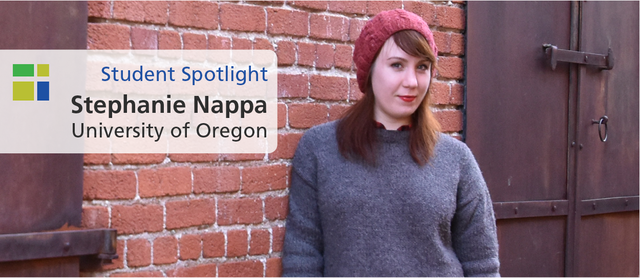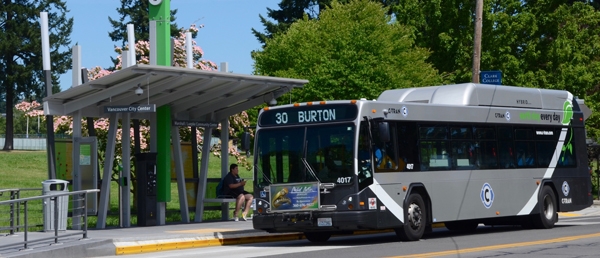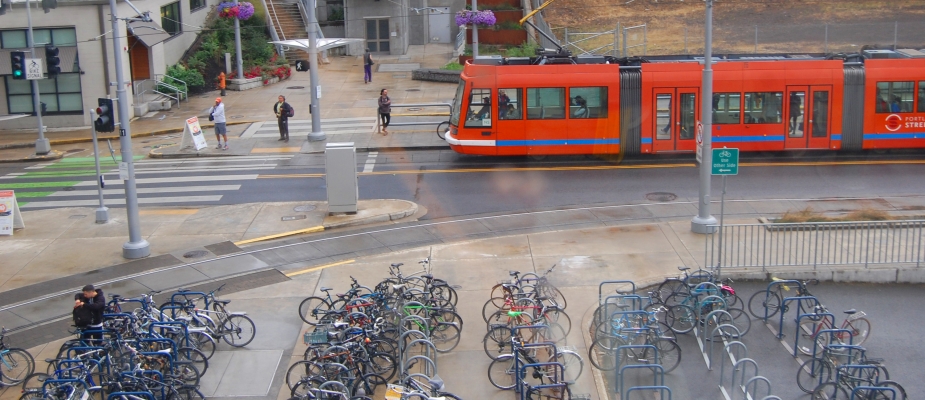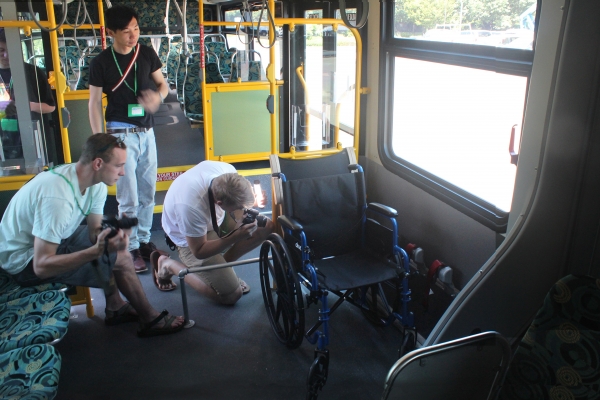The National Institute for Transportation & Communities (NITC) research consortium, led by Portland State University, has awarded $926,000 in total funding for eleven research projects spanning five universities.
The General Research grant is NITC's flagship grant. Annually, we fund general research through a competitive, peer-reviewed RFP process for projects ($30,000 - $150,000) consistent with our theme of improving the mobility of people and goods to build strong communities.
Four of these new projects involve multi-university collaboration, and seven are advancing the transportation knowledge base by building upon an existing body of research. The new group of projects will help lead the deployment of innovative new technologies and practices to improve the safety and performance of transportation systems:










